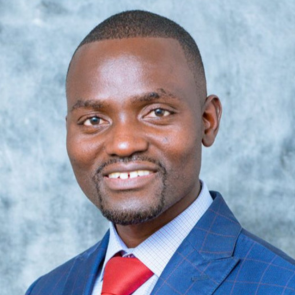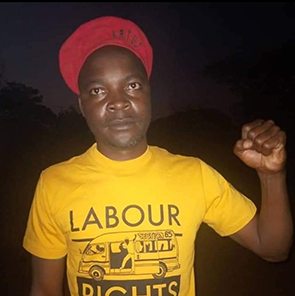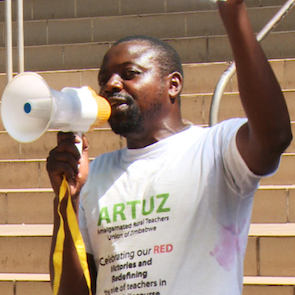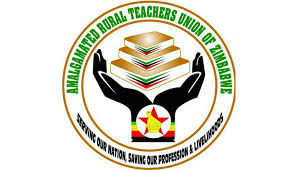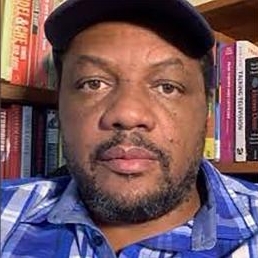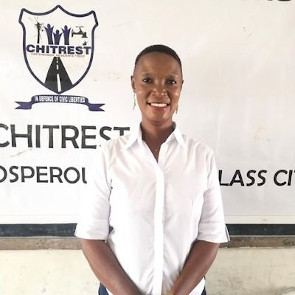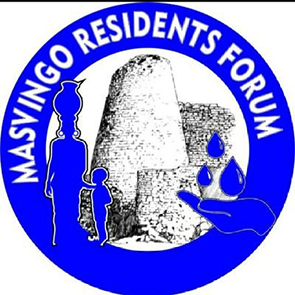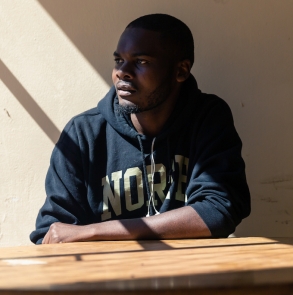#Zimbabwe
#Zimbabwe
Despite numerous challenges, Zimbabwe has an active civil society advocating for a broad range of human rights issues, yet increasing numbers of human rights defenders, lawyers and journalists are being targeted due to their legitimate human rights work. This has included being subjected to threats, arbitrary detention, abductions and enforced disappearances and the police are able to act with impunity. In particular, human rights defenders tackling issues concerning corruption, public accountability and impunity have been targeted.
In May 2013, a new constitution was adopted which enshrines a number of fundamental rights including the rights to peaceful assembly, freedom of expression as well as political participation. However, restrictive legislation continues to impinge on the work of human rights defenders and civil society organisations are still subjected to prohibitive legal restraints. Despite calls from the international community, the government has not yet aligned its legislation with this new constitution.
In November 2017, President Robert Mugabe was replaced by Emmerson Mnangagwa as a result of an apparent military coup. Despite rhetoric of a ‘new era’ in the country, human rights defenders are still targeted and pro-democracy activists remain at particularly serious risk. Also targeted in particular are human rights defenders advocating for public accountability, those working on LGBTI rights and women's rights, as well as those working on freedom of speech, documenting human rights abuses, and advocating for transparency in the country's extractive industries. Pro-democracy activist, Itai Dzamara, who was abducted in 2015 remains uncounted for over three years later.

